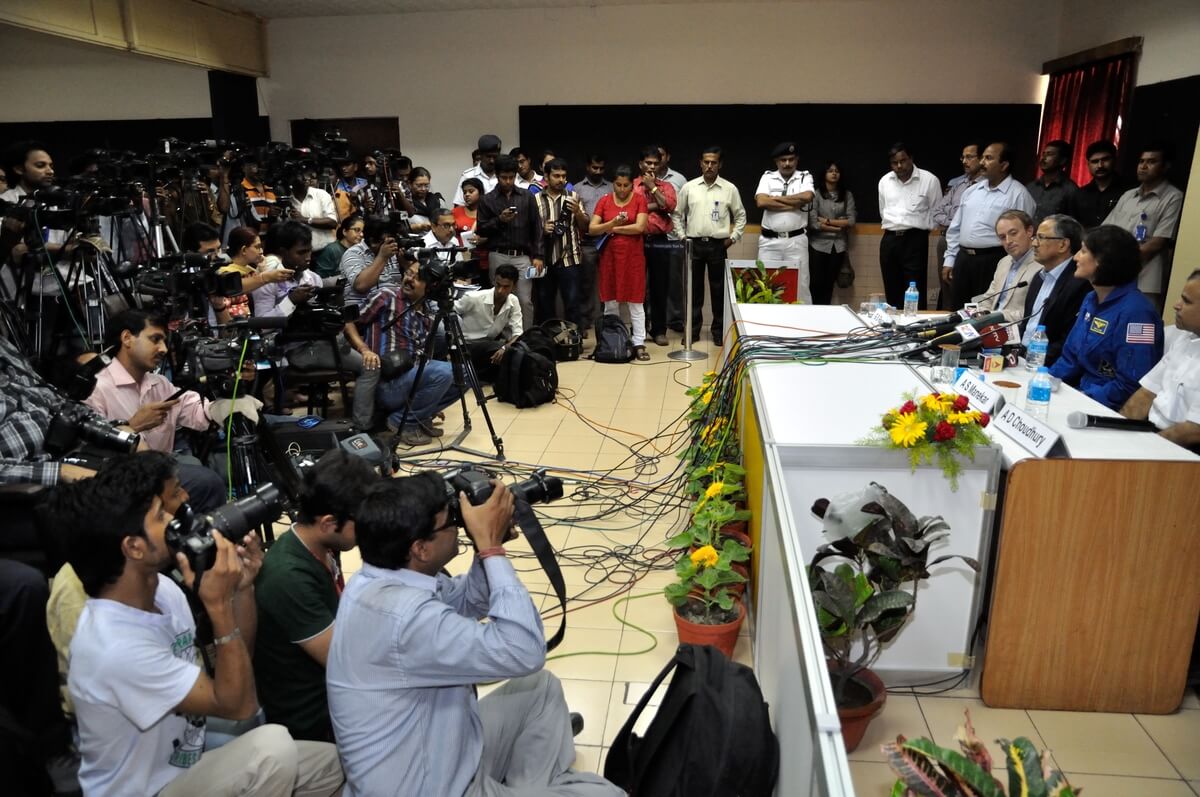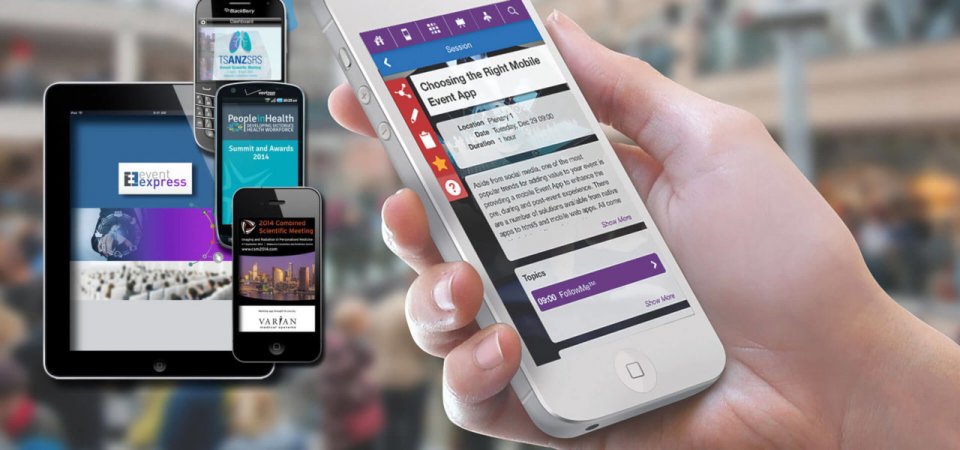
How to create an event brief in a few simple steps?
September 26, 2017
Are Travel Incentives an Appreciated Reward?
October 17, 2017How to Organise a Successful Press Conference?
“Can we organize a press conference to announce this?”
is a question I commonly get asked by clients. Often, the person has already made up his/her mind about organizing one, and this question is merely a nice way of letting me know. At such times, it’s an uphill task to migrate that person away from the press conference idea to some other tools.
There are hundreds of ways to get media coverage for your company and most of them are way cheaper and simpler than organizing a press conference. On a lighter note, often, budgets are the easiest reasons to give to talk someone out of organizing a press conference :-).
Often, clients don’t understand that a press conference is very unlike any other event or presentation opportunity. The repercussions can be serious if you mess up. Unlike any other “by invitation” event, in a press conference, there is no interest on the invitees’ part to agree with the final “call to action” that often follows any event.
Here are three rules for organizing a successful press conference. Remember, organizing a press conference isn't easy and there are hundreds of minute details that go into organizing a successful press conference. The most important question to ask is “Why?”
Broadly speaking, a press conference should be organized for any one of the following three reasons:
Making a big announcement.
A press conference is organized when the announcement is big, or you have really big news to communicate and want to get that out to large numbers of people in the shortest possible time. However, be sure that what’s “big” for you is also “big news” from the media’s perspective. Remember, a press conference is a two-way exchange with the media, and that time spent should be worth it for both parties, not just you.
Breaking news!
No journalist worth his salt will turn up at a press conference, if that news is already broken. Period. What’s going to be announced at the press conference had better be ‘new’ news, as they say in media parlance. An exception would be if you’re responding to a crisis situation. Even in those situations, a press conference has to be organized to give only the first “formal” response. Some companies / people are in the habit of calling a press conference at the drop of a hat, or to give progress updates on a situation. Over a period of time, that process sees diminishing returns as ‘new’ news often becomes ‘old’ news by the time the press conference is organized.
When the media wants to know.
If they want to know, they’ll call you. Even hound you. Typically true in a crisis-like situation, or when a big announcement is imminent (e.g. launch of iPhone 6S in India). If nobody from the media is asking or very few are, then, accept it, probably the media doesn't want to know or already knows. In such situations, the press may not turn up for a press conference. Look for other ways to get your message across (that’ll be cheaper too :-)!)
If one or more of the above reasons isn't true for you, then a press conference isn't the best tool for you. A natural indicator for holding a press conference is when your PR team can’t manage the number of media queries and journalists are continuously calling for information.
Happy press conferencing!




